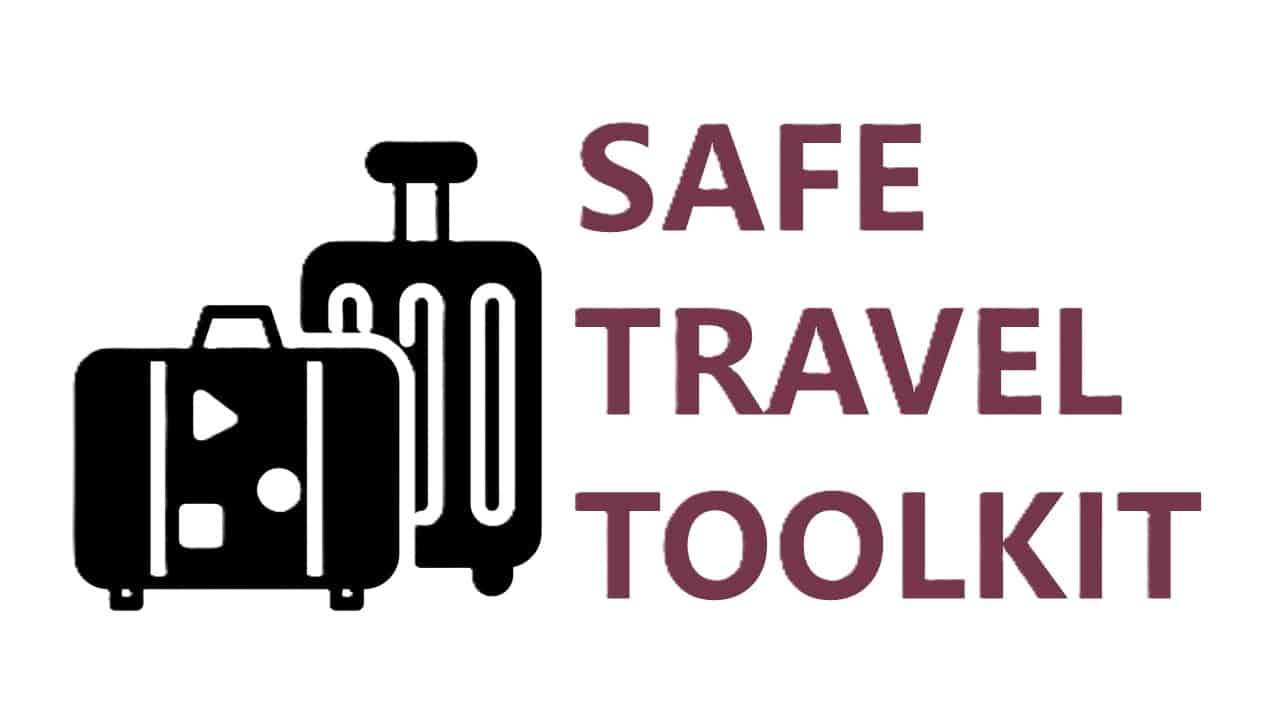Travel Gastrointestinal Issue Management, a true story : During a tropical vacation, Mark experienced a sudden bout of food poisoning, leading to severe gastrointestinal distress. With no immediate medical help available, his vacation quickly turned into a nightmare. His friends, while trying to help, accidentally exacerbated the situation by offering remedies that didn’t work. The distressing situation reached a breaking point when Mark had to be rushed to a local clinic for treatment. This unfortunate incident taught Mark the importance of being prepared for travel-related gastrointestinal issues.
Managing Gastrointestinal Issues While Traveling: Examples and Actions
Gastrointestinal problems during travel, such as traveler’s diarrhea, can disrupt your vacation plans. Here are concrete examples of situations and actions to take as a tourist:
Example 1: You ate at a local restaurant and are experiencing abdominal pain.
Action: Drink clean water and avoid food for a few hours to let your stomach rest. If the pain persists, seek advice from a local doctor or your accommodation’s staff regarding local medical clinics.
Example 2: You are experiencing frequent, watery stools.
Action: Start taking an over-the-counter anti-diarrheal medication you brought with you (after consulting a healthcare professional). Also, drink oral rehydration solutions to prevent dehydration.
Example 3: You are on an excursion and cannot access toilets quickly.
Action: Wear adult absorbent diapers to avoid discomfort in case of an emergency. Try to plan frequent toilet breaks when possible.
Example 4: You consumed unpeeled fruits and are concerned about foodborne illness.
Action: Take an anti-diarrheal medication if available, and avoid eating raw or unpeeled foods for some time. Opt for cooked foods and sealed bottled beverages.
Example 5: You are showing signs of severe dehydration, such as confusion and decreased urine output.
Action: Seek immediate emergency medical assistance by calling local emergency services or heading to the nearest hospital.
Example 6: You have a history of severe gastrointestinal issues and are traveling to a high-risk region.
Action: Consult a doctor before your trip to discuss preventive measures and medications to bring along. Follow medical recommendations diligently.
Example 7: You are traveling with young children, and one of them exhibits symptoms of gastrointestinal issues.
Action: Consult a local doctor for appropriate medical care for the child. Ensure good hygiene and regular rehydration for the child.
Example 8: You consumed seafood in a questionable place and are developing severe symptoms like persistent vomiting and high fever.
Action: Immediately consult a local doctor, as this could be a sign of a severe infection. Do not ignore severe symptoms.
Managing Travel-Related Gastrointestinal Issues Traveler’s diarrhea or stomach discomfort can be challenging during trips. Learn practical actions to cope:
- Stay hydrated.
- Carry anti-diarrheal medication.
- Seek local medical advice if symptoms worsen.
- Avoid uncooked or unpeeled foods.
- Wear absorbent diapers for emergencies.
- Consult a doctor before high-risk travels.
- Follow medical recommendations diligently.
- Stay vigilant, especially with children.
These steps will help ensure a more enjoyable and healthy journey.
Risks Mapping and dangers on vacation, far from home
- Handling Travel Stomach Problems
- Coping with Gastrointestinal Distress on the Go
- Dealing with Travel-Related Digestive Issues
- Responding to Gastrointestinal Discomfort While Traveling
- Managing Digestive Problems Away from Home
- Navigating Stomach Issues During Travel
- Travel Digestive Issue Management
- Reacting to Gastrointestinal Disruptions While Away
- Overcoming Travel-Induced Stomach Troubles
- Handling Gastrointestinal Challenges During Trips
By following these actions and staying hydrated, you can enjoy your vacation with peace of mind. Remember to carry a travel first aid kit with appropriate medications and consider purchasing travel insurance for medical assistance if needed.








